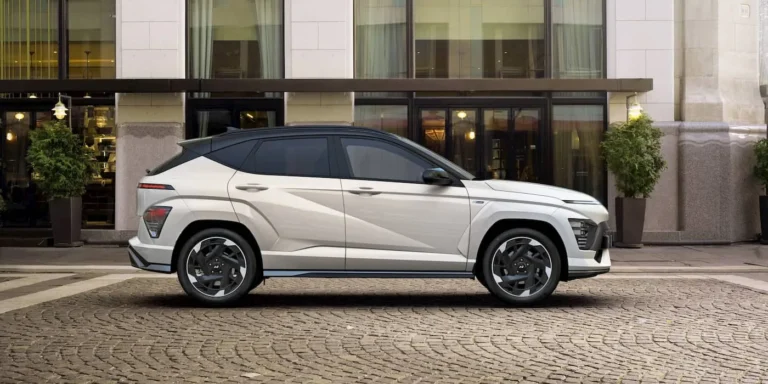Introduction
The highly anticipated Tesla Cybertruck, known for its futuristic design and advanced features, will not include wireless charging capabilities, according to remarks made by the company’s lead engineer. This decision has sparked discussions within the automotive industry, especially as competitors like Porsche explore the potential of this technology.
Understanding the Decision
Tesla’s decision against implementing wireless charging in the Cybertruck stems from several practical considerations. During a recent interview, the lead engineer stated that adopting wireless charging would be “silly” given the current technological limitations and inefficiencies associated with the method. Instead, Tesla is focusing on enhancing the existing charging options available for the Cybertruck, including its robust Supercharger network.
Challenges of Wireless Charging
Wireless charging technology, while innovative, presents several challenges that have hindered its widespread adoption in electric vehicles (EVs). These challenges include:
- Efficiency: Wireless charging systems typically have lower efficiency compared to traditional wired charging methods, leading to longer charging times and higher energy costs.
- Cost: The infrastructure required for wireless charging is significantly more expensive to implement than conventional charging stations.
- Compatibility: Ensuring compatibility across various EV models can complicate the deployment of wireless charging technology.
Competitors Exploring Wireless Charging
While Tesla has opted out of wireless charging, other automakers are actively pursuing this technology. Notably, Porsche has been at the forefront of developing wireless charging solutions for electric vehicles. Their approach focuses on enhancing user convenience and providing seamless charging experiences, which could potentially give them an edge in the market.
The Future of Charging Technologies
As the EV market continues to evolve, the future of charging technologies remains a hot topic of discussion. Innovations in charging infrastructure, battery technology, and energy management systems are essential for improving the overall user experience. Here are a few trends to watch:
- Faster Charging Solutions: Companies are investing in ultra-fast charging technologies that drastically reduce charging times, making electric vehicles more appealing to consumers.
- Smart Charging: Integrating smart technologies that allow for optimized charging schedules based on grid demand and energy prices will become increasingly important.
- Expansion of Charging Networks: Expanding the availability of charging stations, especially in urban areas and along major highways, will be critical for supporting widespread EV adoption.
Conclusion
In conclusion, while the Tesla Cybertruck will not feature wireless charging due to practical concerns highlighted by the lead engineer, the conversation around charging technologies continues. As competitors like Porsche explore wireless options, it will be interesting to see how these advancements influence consumer preferences and the overall landscape of electric vehicles.

